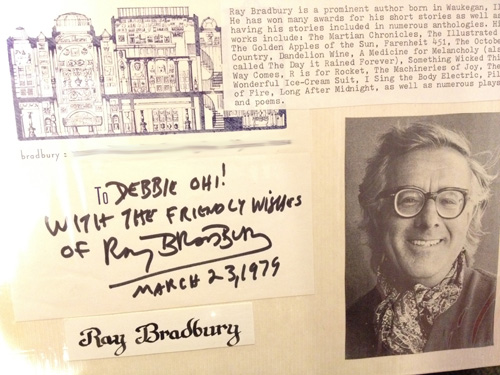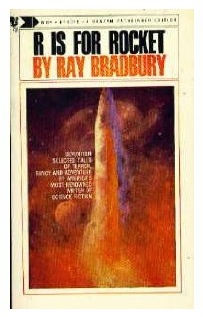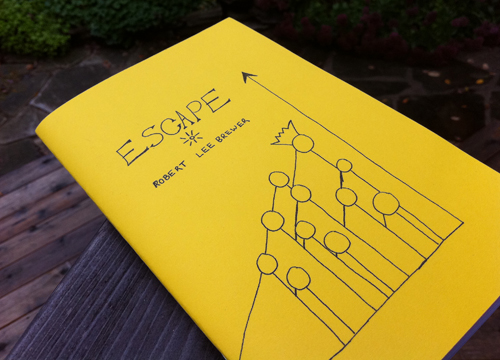Why Picture Books Are Important

November is Picture Book Month, when schools, libraries, booksellers and book lovers around the world come together to celebrate the print picture book. I strongly encourage you to check out PictureBookMonth.com, where members of the children's lit community have been posting essays each day about why they believe picture books are important.
The following lists some of the reasons I believe that picture books are important. I've also included the covers of just a few of the many wonderful picture books that have come out in 2013 so far. Click on any cover to find out more info.

Picture books are important because of how readers interact with them, especially the read-aloud experience. No matter how many awards it may have won or how beautiful the prose or illustrations, an unread picture book collecting dust on a shelf is just paper and cardboard. The magic begins when a child or grown-up reader opens up the book.
 |
 |
 |
 |
 |
Some parents try to rush their children out of picture books into chapter books because they believe that reading text-heavy books will help young people prepare for standardized testing, not realizing that picture books can be a valuable resource and enjoyed by older children, even up through high school.
With the above mind, here's why I think picture books are important:
Picture books introduce children to the concept of reading, even if they can't read yet. In a Boston.com interview, Bob Staake said that when he was a kid, he used to flip through grown-up magazines and fixate on whatever graphic element caught his attention (e.g. a photo, an illustration, an ad). "That was reading to me. That is the way kids start to read, and parents don’t respect it enough. The idea that looking at things is not as important as reading the written word, that’s BS."
 |
 |
 |
 |
 |
Picture books encourage conversations between young and older readers. While some children enjoy reading picture books on their own, it's often the case that an adult or older sibling reads to a younger child. Reading a picture book aloud prompts conversations about what's happening in the story, what the characters are feeling, meanings of words, how what's happening might relate to the child.

Picture books help bridge the gap between generations, strengthening bonds and forming connections as an older reader (whether parent, grandparent, older sibling, teacher, librarian, etc.) reads aloud to a child.
 |
 |
 |
 |
 |
Picture books strengthen visual thinking skills. Picture books help children connect what they observe with how they reason, linking concepts with words.
Picture books introduce children to a love of art in a way that just taking a child to an art gallery can't achieve. The illustrations aren't mere decoration to the text. They enhance the story and emotions. The context encourages a child to go back to different pictures over and over, noticing new things, reading characters' emotions and interactions, possible secondary subplots that are told only in the pictures.
 |
 |
 |
 |
 |
Picture books teach children how to be better listeners. In a read-aloud experience, children learn that paying attention makes reading the book much more fun. As Emma Walton Hamilton points out, this helps prepare children to become better listeners in later life.
Picture books help children develop critical thinking skills. Karen Lotz of Candlewick Press points out in a New York Times piece: "To some degree, picture books force an analog way of thinking. From picture to picture, as the reader interacts with the book, their imagination is filling in the missing themes." Picture books stimulate a state of mind in children that words alone can't achieve, says J. Richard Gentry in Psychology Today.

Picture books give young readers a sense of control and help build self-confidence. In a world where there seem to be so many things that they aren't allowed to do and where adults have final say, a picture book offers an opportunity for a child to feel part of the story and control the pacing of the story. They can pause over certain pages, go back to revisit another part of the story. They can read slowly or quickly.
 |
 |
 |
 |
 |
Picture books introduce complex concepts in a safe environment. Some even recommend using picture books for older children (middle school and high school), to set the stage for introducing broader topics of study like art or history, or for illustrating an abstract concept. "With picture books, each student in the class can access new information at his/her individual level of readiness," says Keith Schoch in Basic Literacy Through Picture Books.
 |
 |
 |
 |
 |
Picture books help children discover themselves and the world. No matter what the topic or issue or emotion, there is likely a picture book that addresses it.

Picture books help build vocabulary. Children will often be introduced to words in picture books that they would not find in simpler early readers. Even when an adult isn't around to help, defining unknown words becomes easier because the pictures provide clues to the reader.
 |
 |
 |
 |
 |
Picture books plant the seed for writing skills. "It is the joyous power of picture books that turns young listeners into readers and readers into writers," says Charles Ghigna.
 |
 |
 |
 |
 |
Picture books help show children that reading is important. Especially in a world where everything moves so quickly and adults are always rushing around and busy, the fact that a grown-up will take the time to read a book aloud to a child sends a positive message about reading as well as about the relationship.
 |
 |
 |
 |
 |
Picture books encourage joy in reading. Reading picture books is FUN, whether by yourself or with a grown-up or child. When being read to, a child can tell that the adult is enjoying himself/herself, and that helps reinforce the message that READING IS FUN.

Picture books offer comfort. They're non-threatening, they're fun to read. Children (and grown-ups!) go back to reread familiar picture books. For me, rereading a favorite childhood picture book is like visiting an old friend. Or coming home.
 |
 |
 |
 |
 |
If any of the above has helped convince you of the importance of picture books, I encourage you to do one or more of the following:
(1) Go to the library and read through some picture books. Find your favorites, discover new favorites.
 |
 |
 |
 |
 |
(2) Read a picture book aloud to a young person. If you don't have children, then visit a friend or family member who does. :-)
 |
 |
 |
 |
 |
(3) Tweet or blog about a picture book that you like. It could be a newer book that you've just discovered, or tell us about one of your favorite picture books from childhood.
(4) Go to your local children's bookstore and buy a picture book. This not only helps support the bookstore but also the people who helped create it.
(5) Feel free to share the image below. No need to link back to my blog (but you're free to, of course!) but please do keep my copyright info intact.
Now go forth and read a picture book!
-- Debbie

-------
Source material, related resources and other helpful links:
Parents - Empower Children As Thinkers With Picture Books! - by J. Richard Gentry, Ph.D.
Bob Staake: Illustrator and looker (subscription needed)
Creating Reluctant Readers and Picture Books - by Heather Newman
How Picture Books Play A Role In A Child's Development - by Lori Calabrese
Introduction to Show Me A Story: Why Picture Books Matter - by David Wiesner
Not Too Old For Picture Books - Heart Of The Matter
Basic Literacy Through Picture Books (video) - by Keith Schoch
Why Picture Books Matter: 7 Reasons To Read With Your Child - on Britmums
Critical Literacy: Using Picture Books To Read The World - by Alexis Birner (M.Ed) and Lindsay Bromley (M.Ed)
Picture Books Are Not Just For Children: 10 Reasons Why - by Rick Walton
How Picture Books Can Help Children Read Better - Studydog.com





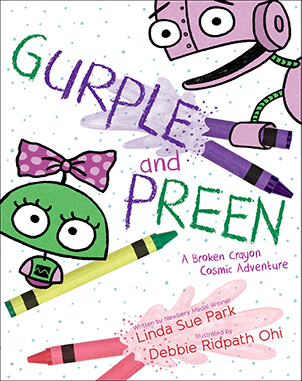
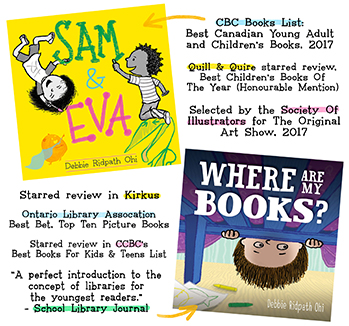



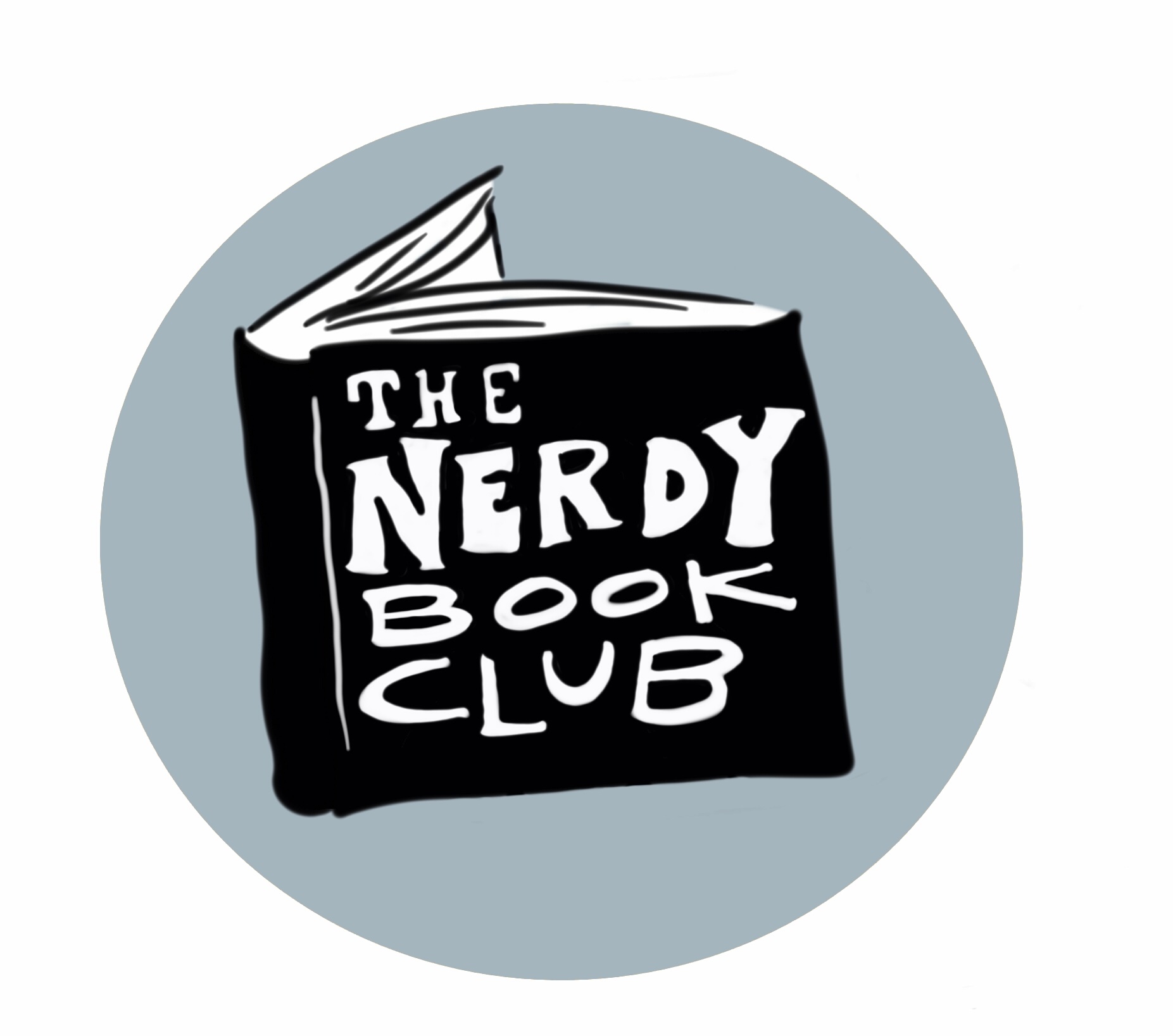



 Thursday, November 7, 2013 at 10:40 AM
Thursday, November 7, 2013 at 10:40 AM







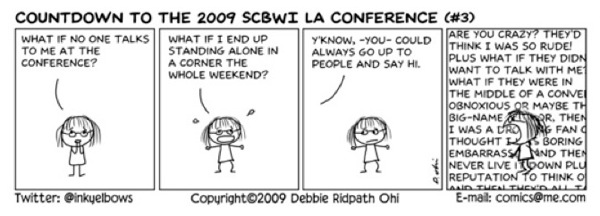


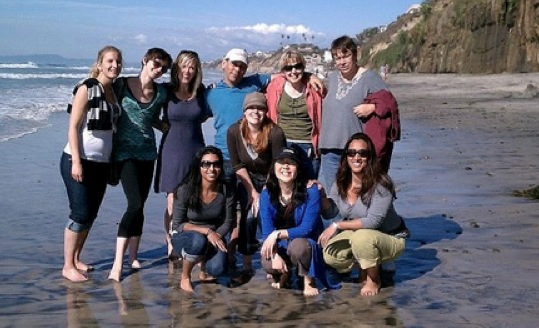
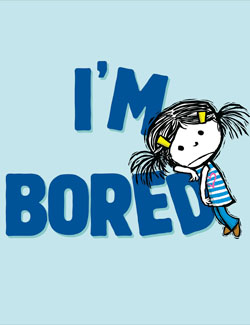
 I’m grateful to Lee Wardlaw (who is on the faculty for this year’s Summer Conference, yay!) for first telling me about the SCBWI.
I’m grateful to Lee Wardlaw (who is on the faculty for this year’s Summer Conference, yay!) for first telling me about the SCBWI.
